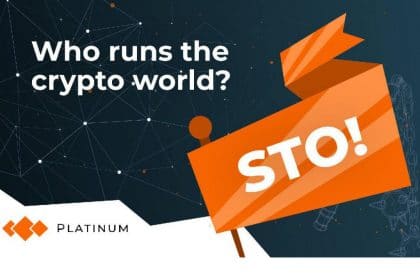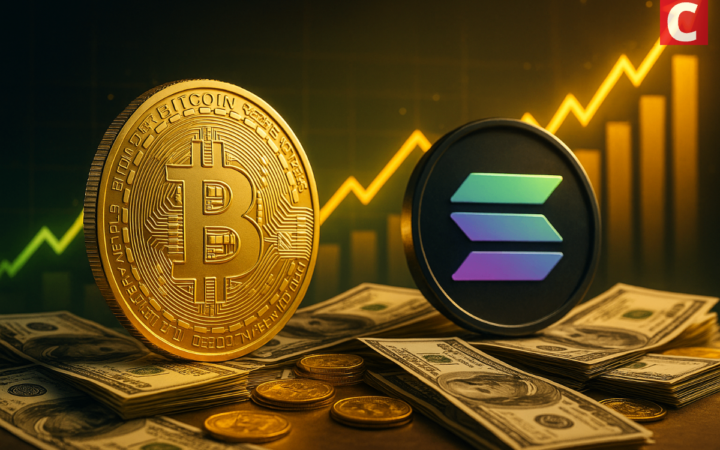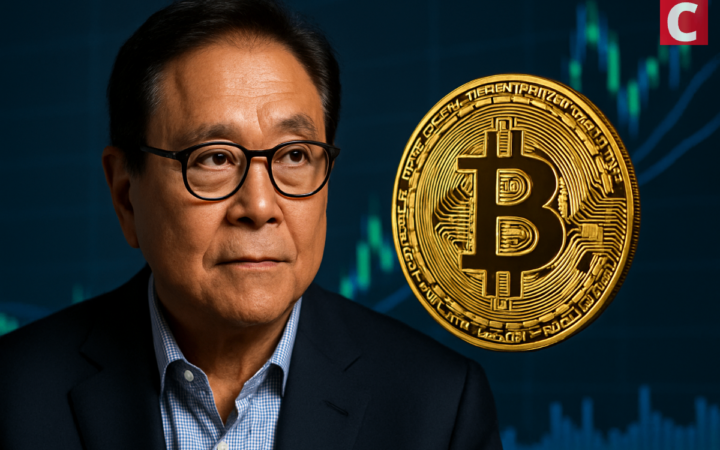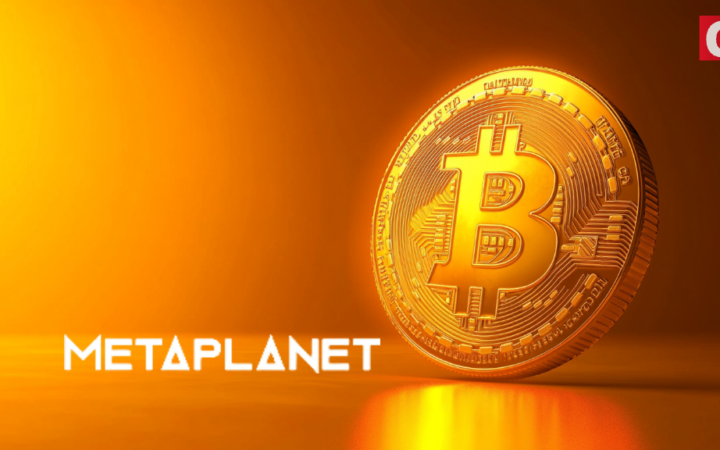By definition, cryptocurrency is intended to provide freedom from central authorities, anonymity and borderless transactions. Even though countries start to explore and adopt the technology, the initial concept of crypto is not actually realized.
Сryptocurrencies have already proven their viability as a new asset class, but they are complex, volatile, prone to fraud and very high-risk. Most countries, notably the United States, have not yet formulated a regulatory strategy for crypto, though did some important achievements in this field. In 2019 global regulators will take an active role in shaping the decentralized networks behind crypto.
Participation by traders and financial institutions in the nascent crypto sphere appear to be fading. Markets have battered Bitcoin, the most valuable and well-known cryptocurrency. Since peaking at highs of USD$19,511 a year ago, Bitcoin has lost more than 80% of its value. The sell-off has spilled over into other cryptocurrencies too, including Ethereum, XRP, and Litecoin.
According to JP Morgan analysts, a fulcrum for cryptocurrency markets is giving way. Key flow metrics have downshifted dramatically. The daily median transaction size, which reached highs of around US$5,000 a year ago during the speculative frenzy, has since fallen to less than US$160.
Even die-hard Bitcoin miners are selling their coins to cover their costs as today’s prices have declined to a point where mining is becoming uneconomical.
The regulatory vacuum has greatly expanded the scope for abuse, and many nefarious groups who attempted to manipulate crypto to hide their true agendas were encouraged.
According to our analysis, the current market falls are a sign that regulators are poised to clamp down even harder on the wild west of the cryptosphere.
In an apparent about-face, proponents of crypto have actually started demanding tighter regulation in the hopes that such will appease critics like the US Securities and Exchange Commission (SEC), and thereby usher in the widespread adoption of crypto into the mainstream financial system.
Why are Regulators Concerned?
The anonymous and borderless nature of cryptocurrencies makes them almost impossible to control. However, if an investor gets a crypto wallet from a licensed online exchange, that exchange will assign IP addresses linking identities to accounts. The licensed exchange is required to do its due diligence under Anti-Money Laundering (AML) and Know Your Customer (KYC) requirements.
Not so, unlicensed exchanges, who may adhere to these requirements, or not. If there is a crime committed, like fraud, governments and prosecutors can subpoena licensed exchanges for user data. But they can’t subpoena the blockchain.
Initial coin offerings (ICOs) collectively managed to attract roughly US$5.6 billion in investments during 2017 through “utility” token sales, which proved a new category of venture investing, and a new opportunity for startups to raise capital.
At the peak of the speculative bubble, plenty of startups managed to raise hefty sums of money through ICOs. Almost US$200 million alone were raised for startup companies advised by Platinum team. At the time, nearly 2,000 cryptocurrencies were trading in a largely unregulated environment.
A defining characteristic of utility tokens is that they allow entrepreneurs to circumvent the stringent regulatory frameworks in place for raising capital from global investors. Their value is based purely on promises about products and services that can only be fulfilled in the future.
Traditionally, investments have been regulated as securities which, based on Investopedia’s definition, are financial instruments that hold some type of monetary value and represent ownership (stock), a creditor relationship (bond), or the representation of rights to ownership (option). They can provide a variety of financial rights to the owner of the investment, such as equity, dividends, or interest. Moreover, investors expect the value of the security to appreciate over time.
Important issues that regulators are struggling to understand today is what, exactly, cryptos are: currencies, commodities, securities or something else entirely new?
The fact is, programmable digital assets are a completely new investment class, and they are evolving fast. An all-encompassing regulatory framework is, therefore, unlikely. There aren’t any clear answers to the above questions, and so it is expected that the crypto regulations in the pipeline will be a mix of traditional regulations and new ones.
As gatekeepers for large sections of the investor population, cryptocurrency exchanges have become critical infrastructure providers and the predominating view of many of them is that crypto investments should be deemed as traditional securities for the purpose of regulation, in order to provide maximum protection to investors.
Enter STOs
Some of the world’s leading crypto market exchanges, like LCX, Binance and others are backing Security Tokens Offerings (STOs) which constitute an investment contract of real-world value, meaning that speculation over the crypto token’s value concerns the underlying asset, not the token itself – as in the case of ICO utility tokens. This means that security tokens are easily classified and subject to existing regulatory frameworks in place for traditional securities, which means that both traditional and crypto investors alike will understand them.
With proper legal advice, STOs could provide companies with a powerful way to legitimize a crypto token, and ensure regulatory compliance which would satisfy most financial services regulators across the world today.
Some of the most important benefits of security tokens include:
- Instant transaction settlement;
- Lower fees due to the removal of middlemen;
- Fractionalization of assets (stocks, real estate);
- Increased liquidity and faster secondary market trading;
- Immutable ownership, easily transferable;
- Automated compliance;
- Programmable functionalities (dividend payouts, voting rights, lock-up periods);
- The dramatic increase of addressable investor pool;
- (Full) transparency, leaving less room for manipulation;
- 24/7/365 trading.
With security tokens, an investment contract can be hardwired into the architecture of the crypto token, and so compliance with regulations can be automated, which makes regulators more open to allowing them to trade across international borders, including on decentralized exchanges. Therefore, security tokens are in tune with how crypto firms operate worldwide, but also recognize the key risks posed to investors and the financial system.
Conclusion
Decentralized networks have the potential to create strong efficiencies in time and costs, representing significant economic gains. But the unregulated nature of crypto has contributed to its own downfall, and the next chapter in the saga started by Satoshi Nakamoto will be largely written through regulation.
Disclaimer: Coinspeaker is committed to providing unbiased and transparent reporting. This article aims to deliver accurate and timely information but should not be taken as financial or investment advice. Since market conditions can change rapidly, we encourage you to verify information on your own and consult with a professional before making any decisions based on this content.

Daria Volkova is head of the legal department in Platinum. She is an international lawyer with experience of handling the affairs of more than 200 clients. Ms. Volkova led the legal side of the business of the transatlantic trade company TATA. High legal qualifications and interest led Ms. Volkova to the crypto sphere. She is an expert in preparing legal opinions for ICO and STO projects as well as making jurisdictions.





